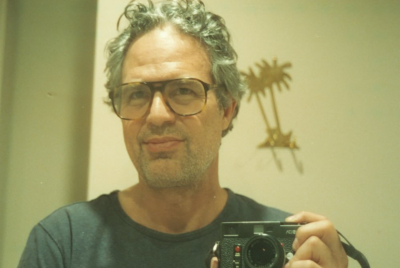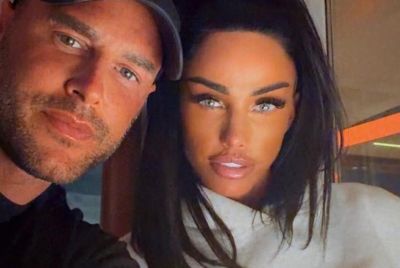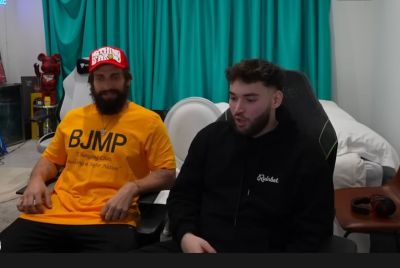Was Emman Atienza's Death Caused By Cyberbullying? Shocking Facts On The Impact Of Social Media On Mental Health Revealed
Girls tend to be more emotionally affected by negative online feedback or comparisons than boys.

Emmanuelle 'Emman' Atienza, a 19-year-old Filipino social media influencer, tragically passed away in Los Angeles this week, sparking conversations about the role of cyberbullying and social media in her death.
The daughter of famous Filipino TV personality Kim Atienza and fitness guru Felicia Atienza, Emman's death has raised urgent questions about the pressures faced by young influencers and the increasingly harmful effects of the digital world on mental health.
Was cyberbullying a catalyst for her suicide? And how does social media influence the rising rates of suicide among teenagers? These questions now dominate the conversation surrounding her untimely passing.
A Life Cut Short by Tragedy
Emman, who had amassed significant followings on platforms like TikTok (875,000 followers) and Instagram (225,000 followers), was known for her luxurious lifestyle content, along with candid discussions about mental health. However, her sudden death has brought to light the hidden struggles many influencers face in the public eye.

According to the Los Angeles County Medical Examiner, Emman's cause of death was suicide by hanging, a revelation that shocked both her family and her substantial online following.
Her parents confirmed the news on Instagram on 22 October, expressing their heartbreak and sharing that Emman had been a beacon of positivity, using her platform to speak out on mental health issues. 'She brought so much joy, laughter, and love into our lives,' they wrote, emphasising her efforts to make others feel seen and heard. While the official cause of death has been confirmed, speculation surrounding the role of online harassment continues to grow.
The Cyberbullying Debate
Atienza had previously faced backlash after posting a TikTok video in 2024 showing a luxury dinner in Manila where friends played the 'guess the bill' challenge, a trend that critics said was tone-deaf given local wage disparities.
@emmanatienza i could talk about this topic for like 10 minutes but i had to cut the video😭 it was getting too long. if anyone’s interested i can make another video talking about what i believe feminism actually is #greenscreen ♬ original sound - emmanuelle
After public criticism, she removed the post and briefly stepped away from social media, then addressed the backlash and defended her family against unfounded accusations.
While no official statement has confirmed that cyberbullying directly caused her death, her case has reignited scrutiny of how social media toxicity and public pressure can contribute to mental health deterioration, particularly among young influencers.
Social Media and Teen Suicide: What Research Shows
According to the Centres for Disease Control and Prevention (CDC) (source), around 46,000 people die by suicide each year in the United States. Among individuals aged 10 to 24, suicide is the second-leading cause of death.
While experts note that suicide results from many factors, studies have shown a strong link between excessive social media use and increased risk of depression and suicidal thoughts.
A 10-year Brigham Young University study found that teenage girls who spent two to three hours a day on social media at age 13 were at a higher risk of suicidal behaviour later in life.

Pew Research Centre reports that girls tend to be more emotionally affected by negative online feedback or comparisons than boys. Teens exposed to harmful content or online 'challenges' — such as the Blue Whale Challenge — face additional psychological risk, according to a University of Utah analysis.
Cyberbullying further amplifies these dangers. A systematic review of international studies found a clear correlation between being bullied online and suicidal behaviour, especially among young people already facing mental health challenges.
While no additional details have been disclosed publicly by the investigators in Atienza's case, her story is a devastating reminder of how online cruelty and social isolation can intersect with mental health struggles.
© Copyright IBTimes 2025. All rights reserved.





















